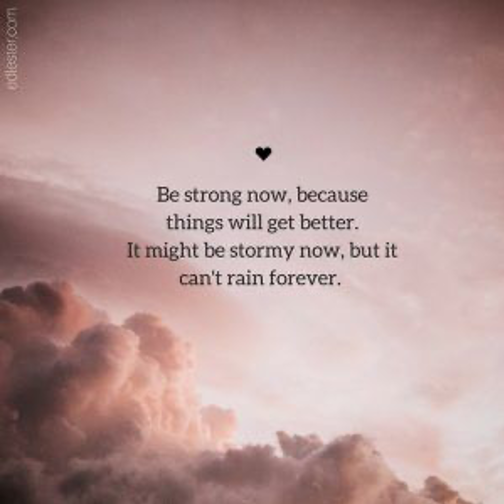
Challenging times… It think it is safe to say that the last 4 months have been challenging. Now that we are moving out of those times a little bit, many people I talk to are looking back and saying things like, “I am so glad to start feeling normal again” or “I can’t believe so much time has past—it seems like a blur” or “I am just worried for the next wave” or “thank goodness that is over…”
Challenging times come to us all, at different points in our lives, in different ways. It is really one of those guarantees in life… The question is how do we face those challenges, whether they be on an individual, societal, or global scale, or whether they are emotional, physical, or relational in nature?
I think you may agree or may have experienced at some point along the way that it is in how we deal with our challenges that makes all the difference. When thinking about how we conduct ourselves under pressure or strain, it is helpful to make note of what can result, depending on our disposition in a particular situation. I remember the first time someone explained the subtle difference between the two “r” words—react and respond.
When facing a challenging situation, often our first instinct is to “react.” I use the word “instinct” to describe this course, because a reaction is very instinctual by nature. We don’t think much about it when we “react;” instead we “go with our gut” or act on impulse, often with emotion or quick judgment. This is a natural instinct, which occurs in the temporal lobe of our brains. When we feel threatened or afraid, the amygdala automatically activates the fight-or-flight response by sending out signals to release stress hormones that prepare your body to fight or run away. This response is triggered by emotions like anger, aggression or fear and anxiety. To react instinctively is natural, and of course sometimes necessary, but depending on the situation, we may find ourselves in even more hot water when we do. As an alternative, sometimes our instincts can be assisted when we consciously choose to “respond” instead of react in the moment. When we respond, we are actively engaging our frontal lobe of the brain, where we do our reasoning and problem solving. If you pick a situation where you may recently have experienced conflict, you may recognize how you reacted or responded accordingly and the results that followed.
I would like to add one more “r” word to the mix. When thinking about how we can both react and respond to stress, something that may help us is the word “reflect.” When confronted by a challenge or when we are thrown into the deep end, one thing we search for desperately is some grounding—a life preserver to keep us afloat and steady amid the fears of going under completely. To reflect on ourselves and what our intention is as a person can be a help in these circumstances. To take a moment, to breathe deeply, to consider and reflect on the essence of who we are and who we want to be can be a great aid in moving from reacting to responding. “Who am I, and what kind of reality do I want to reflect in my life? Who do I want to be for those around me? How do I need to be for my own peace of mind? In times of trouble will I flail about, ready to take down anyone around me? Or will I trust and try to roll with waves? What kind of person ultimately do I want to be in this life? These reflection questions can help us in making decisions and engaging in the ups and downs of the journey.
Perhaps understanding these three “r’s” can help us in our current situation. The reality is that while we feel we are getting back to some normal or some form of normal, there are a lot of extras that we have to consider and take into account, adjustments to be made, a new pace and some things about the “old normal” that we may want to remove from our lives entirely. The point is that challenging times can change us, yes, but it is up to us whether they will change us for better or for worse.
One of my favourite grief educators, named Bill Webster gives a great image when thinking about how we are affected by life’s challenges. He points out that obstacles in life are inevitable. We can do nothing about this and, often, those obstacles can become a stumbling block– tripping us up, making us unsteady or sometimes causing us to fall flat on our face. At times they can make us question how we will continue, knowing there will be more on the path ahead, and even whether we want to continue because of them. But, he points out, as well as a stumbling block, every obstacle in life also has the potential to be a stepping stone. With challenge, with change, with struggle and protest also comes the opportunity for working through, climbing out and rising above the difficulties and learning more about ourselves, about life and about each other.
While by nature we don’t often like the challenges that come our way, what we can find is that each experience of life offers us the chance to be more than we were before, to find ways to create love and beauty in the midst of brokenness, or be an understanding ear for another person who is in a similar circumstance. The challenges are inevitable; what we make of them is up to us.
Back to Hospice Spirit